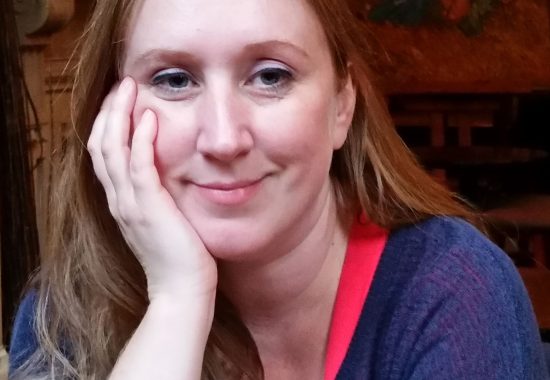Receiving support and guidance from a mentor can be transformative for early-career scientists. MRRI Institute Scientist Erica Middleton, PhD, knows firsthand the value and the importance of mentorship in science. “I’ve had so many very important people in my life. I started conducting psychological research as an undergraduate, and I had the great fortune to be mentored by a number of remarkable people at all stages,” remarks Dr. Middleton. During her postdoctoral fellowship at MRRI, Dr. Middleton worked under the primary supervision of Myrna Schwartz, PhD, who is now an Institute Scientist Emeritus.
“I always looked up to Myrna because she is an excellent theoretician and methodologist, but she always had such a strong sense of how to drive towards answering a clinical question,” Dr. Middleton said. During her postdoctoral fellowship, Dr. Schwartz taught Dr. Middleton how to do translational research and how to apply her knowledge from graduate school to advance research to the point of being able to help people in their everyday lives. These early mentorship experiences left a lasting impression on Dr. Middleton, and she has been committed to paying it forward by serving as a mentor to early-career scientists both within and outside of MRRI.
As a member of The Academy of Aphasia, Dr. Middleton learned about the professional society’s R13 conference grant from the National Institute on Deafness and Other Communication Disorders. This grant brings together aphasia researchers and scientific experts and innovators from a wide variety of other scientific disciplines to help advance aphasia research. This year, the grant also sponsored twenty-seven Academy of Aphasia Young Investigator Fellows to attend the conference and present their research. When Dr. Middleton heard about this opportunity, she was excited to sign up to serve as a mentor.
During the conference, the Young Investigator Fellows were paired with mentors with overlapping research interests who provided focused mentoring and training. The Young Investigator Fellows also interacted with their mentors during a dedicated lunch session and a “Meet the Experts” session.
Reflecting back on her experience with the program, Dr. Middleton commented “As I was advising my mentee, I kept thinking to myself that a lot of the advice I was giving came from me because of the mistakes I’d made, and that I was happy that the difficulties I went through now have some use in the form of valuable advice. We all struggle as scientists, and there’s no training program that can teach you everything to prepare for the various stages of an academic career. I think mentorship venues like these are an excellent way to transfer real-world, impactful knowledge and strategies to the next generation of researchers.”



134 comment on “Dr. Erica Middleton Serves as an Academy of Aphasia Mentor”